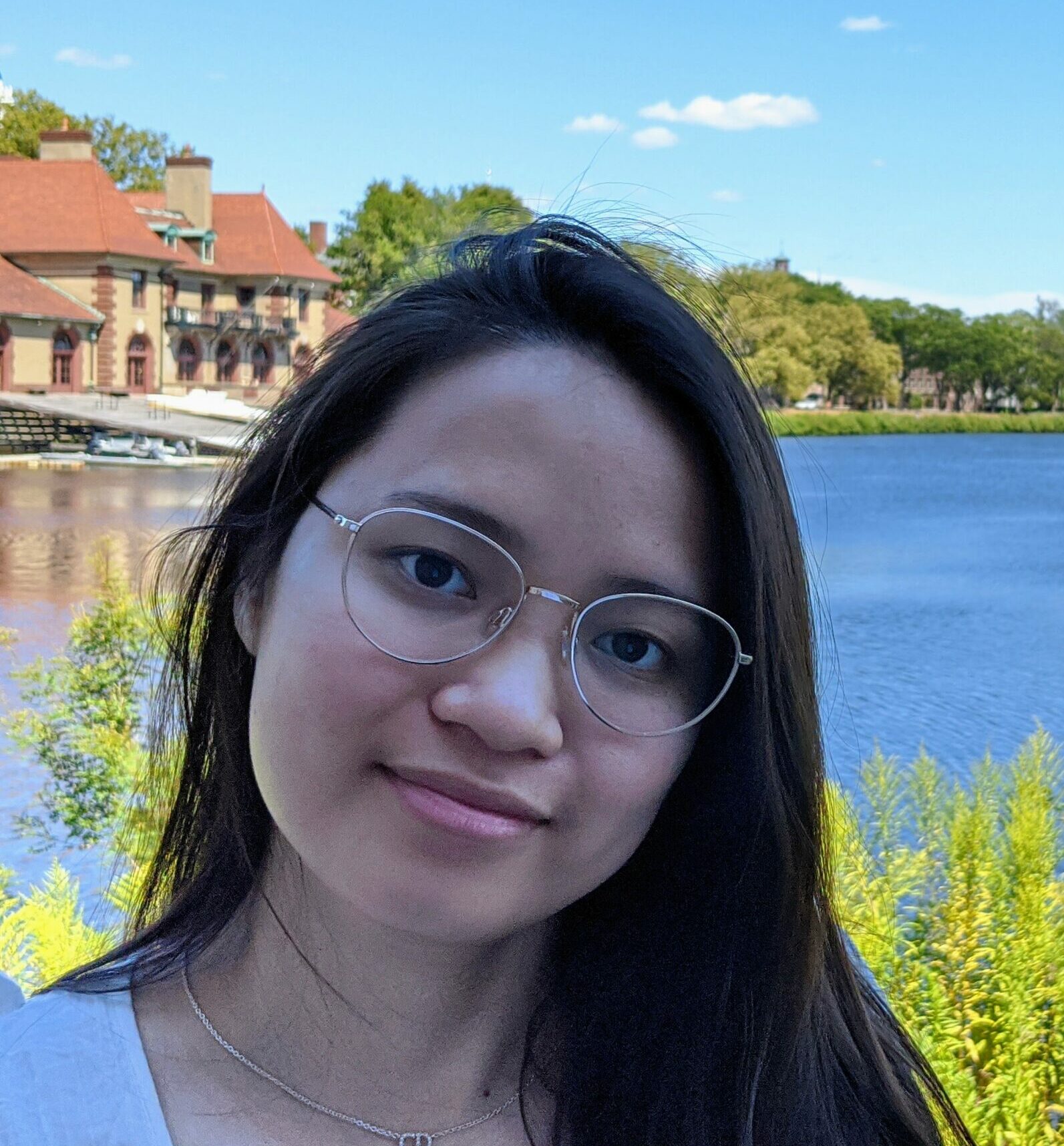By Mandile Mpofu (COM`24)
Thanks to a stipend from the Boston University Global Development Police Center (GDP), Kazi Mukitul Islam (GRS’27) and Si Wu (GRS’26) are spending the summer conducting research in their home countries.
The GDP Center’s Summer in the Field Fellowship supports graduate students doing summer field research or unpaid internships, providing them with a $6,000-$8,000 stipend to do work they otherwise would not have been able to do.
Islam and Wu, two out of nine of this year’s Summer in the Field fellows, are taking full advantage of the opportunity, looking into economic and social topics in their home countries of Bangladesh and China.
 Since starting his Ph.D. in sociology, Islam, born in Jashore, Bangladesh, has explored gender stereotypes and education by analyzing school textbooks in South Asian and East Asian Muslim countries.
Since starting his Ph.D. in sociology, Islam, born in Jashore, Bangladesh, has explored gender stereotypes and education by analyzing school textbooks in South Asian and East Asian Muslim countries.
This summer, his research centers on understanding how social determinants of health impact the health-seeking behaviors of minority groups such as women. His goal is to examine the relationship between women’s empowerment and public health outcomes in Bangladesh.
To do this, he is interviewing educated Bangladeshi women who are currently employed and not in the labor force.
“Women’s empowerment is conceived to be a key driving force for Bangladesh’s progress in the human development index. Despite this, women are still socially marginalized and underrepresented in the country,” he said.
Islam was drawn to the topic when he discovered the discrepancy between women’s agency over their health and the benefits of increased autonomy.
In his research, he has found that women have very little decision-making autonomy concerning their healthcare even though educational and economic empowerment positively impacts public health outcomes. He said this is particularly true in developing countries, where women lack autonomy in healthcare decisions due to “patriarchal norms.”
Islam has been writing a book chapter with Research Assistant Professor of Global Health Nafisa Halim on early marriage and early childbearing in Bangladesh. It was while working on this topic that he was first introduced to the idea of social determinants of health. Now, he is spending his summer researching how women’s empowerment affects public health outcomes.
He has been mentored by Associate Professor of Sociology Joseph Harris, whose Global Health Politics class sparked Islam’s interest in medical sociology. His academic advisor, Professor of Sociology Nazli Kibria, has also been a great support in helping Islam identify important materials for his summer fieldwork.
“I hope my research will contribute to better policy initiatives that will move beyond only ensuring access to education or work and address structural inequality that shapes women’s agency and access to resources,” he said.
 Across the way in China, Si Wu, a third-year Ph.D. student in political science, is conducting research in the Guandong province where she is from.
Across the way in China, Si Wu, a third-year Ph.D. student in political science, is conducting research in the Guandong province where she is from.
It is not just the personal connection that led her there. Wu said the province has a distinctive economic landscape, and, in the 1980s, it demonstrated the potential of foreign investment before China’s full integration into the global economy. Wu is spending her summer in the region, investigating whether the end of the one-child policy reinforces gender norms in Chinese society, especially concerning employment.
“As someone who grew up in China under the one-child policy, I have a firsthand understanding of the gender inequality that persists in the country,” she said. “This experience has largely motivated my dissertation research, and I am committed to doing my part in advancing gender equality.”
Wu hypothesizes that the end of the one-child policy could reinforce societal perceptions of women and hinder their ability to build sustainable careers and marketable skills. She said for employers, “there is a bigger risk associated with hiring women.”
To test her hypothesis, Wu will immerse herself in the daily lives of Chinese locals and interview civilians, bureaucrats, policy entrepreneurs, lawyers, and human resources representatives.
“Many political scientists have attempted to explain how government structure and policies impact the economy and society,” she said. “My project seeks to enhance existing theories by examining China, the world’s largest economy and also an authoritarian party-state with a distinctive political economy that emphasizes social stability and collective welfare.”
Wu is looking into China’s welfare efforts in promoting gender equality and the impact of the shift of China’s birth planning policies in the 2010s. Her research will contribute to her prospectus and, later, her dissertation.
Wu has received mentorship and support from Assistant Professor of Global Development Policy Rachel Brulé, Professor of International Relations and Political Science Joseph Fewsmith, and Professor of Political Science and Latin American Studies Taylor Boas.
“I am grateful to have the guidance of these professors throughout my Ph.D. journey,” Wu said, “which has provided me with valuable insights and inspired me to approach my work from various perspectives.”
The following Arts & Sciences students are also 2023 Summer in the Field fellows: Laura Aquino (Ph.D., Economics), Andre Batchelder-Schwab (Ph.D., Linguistics), Sasha Gilmore (Ph.D., Earth and Environment), Mira Kelly-Fair (Ph.D., Earth and Environment), Xiaofei Qin (Ph.D., Earth and Environment).